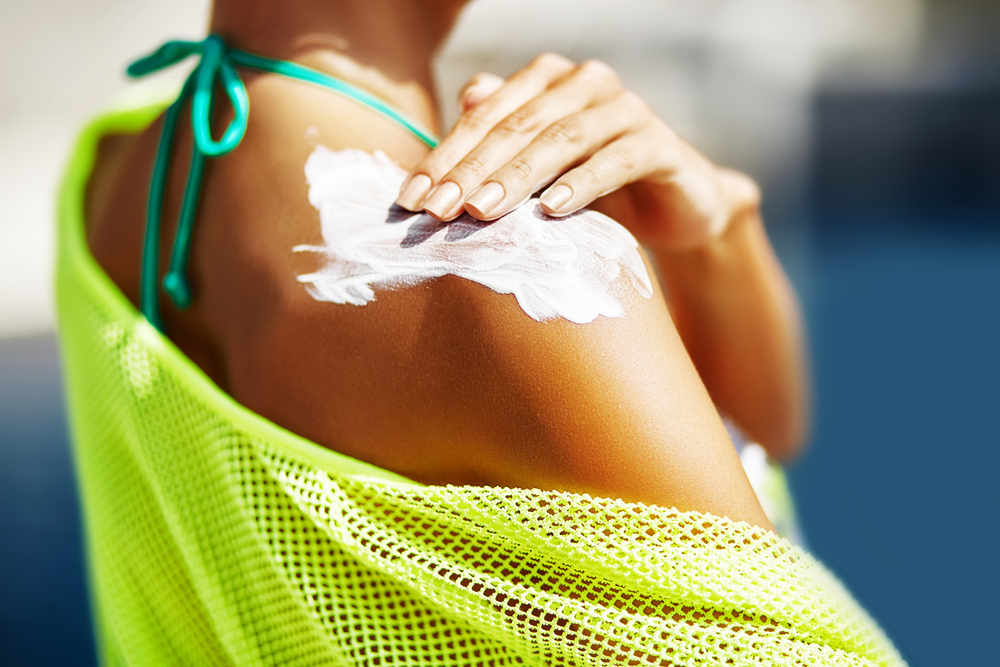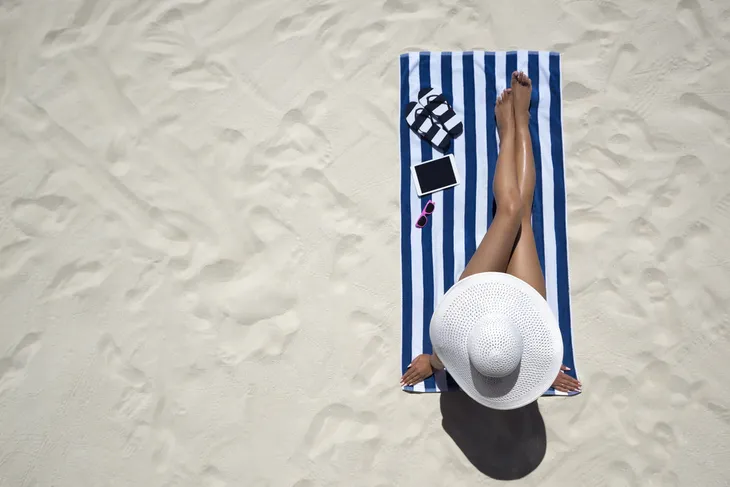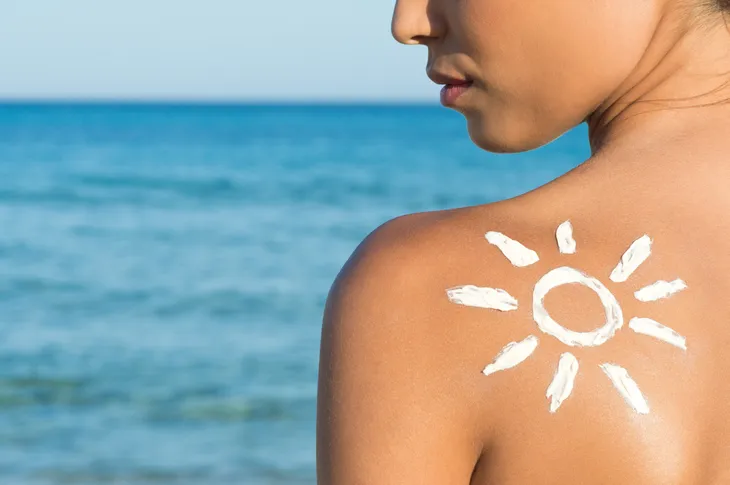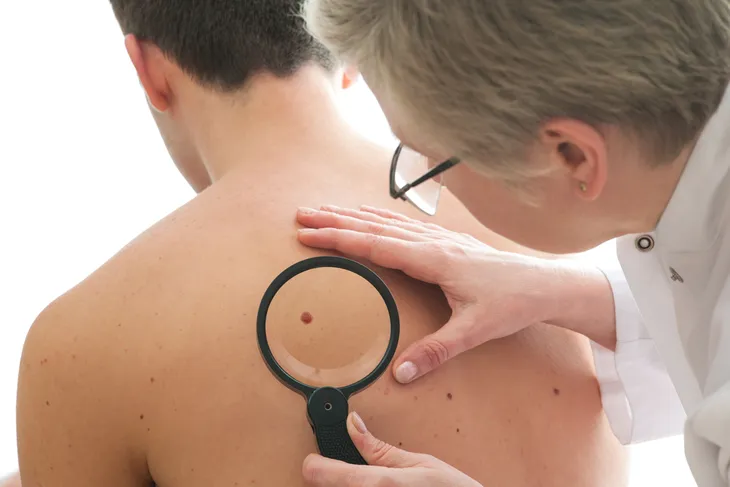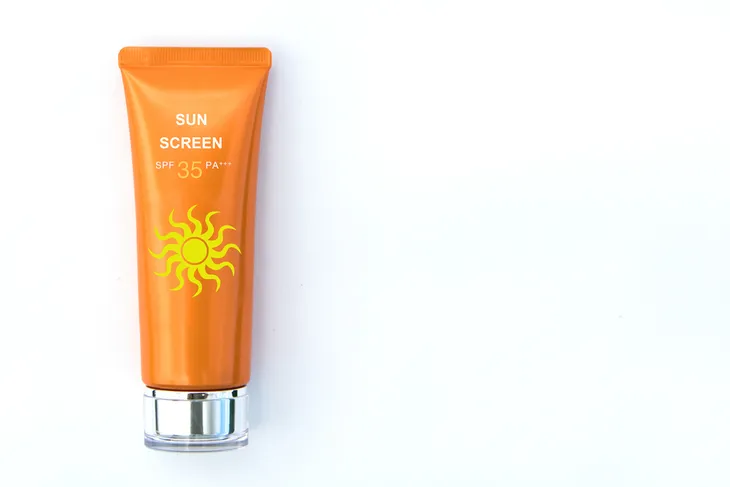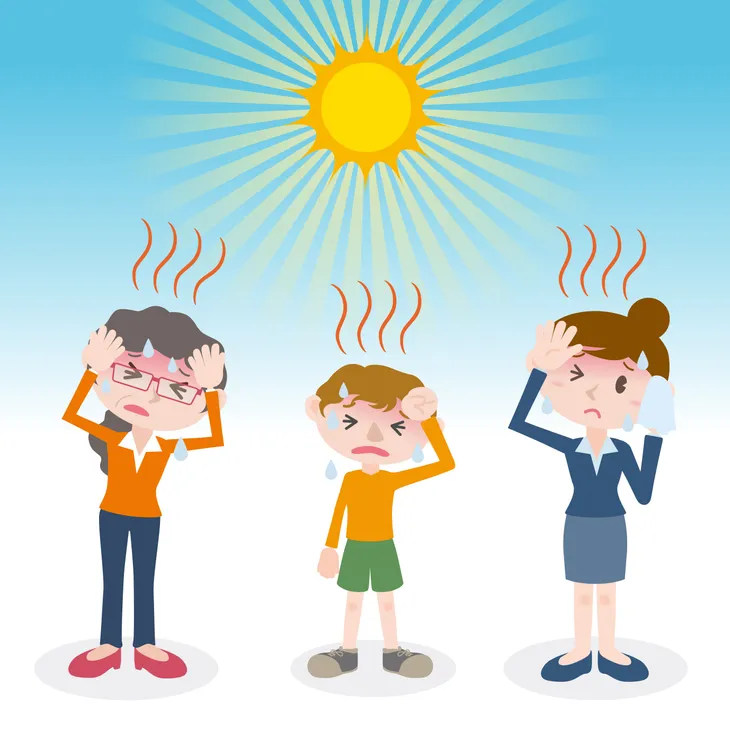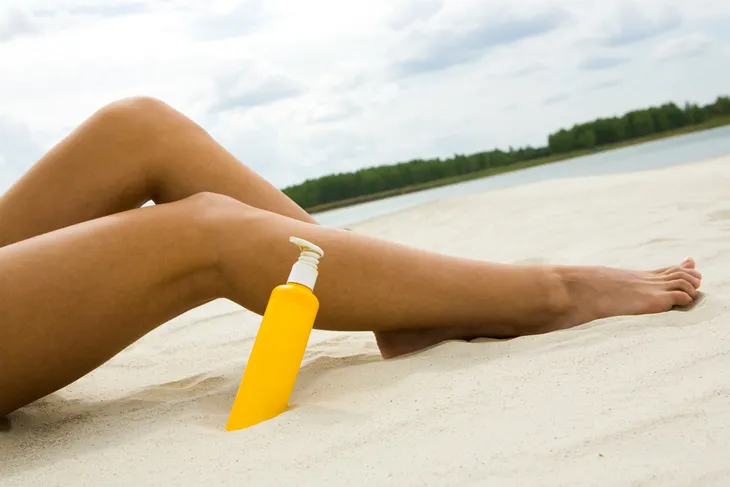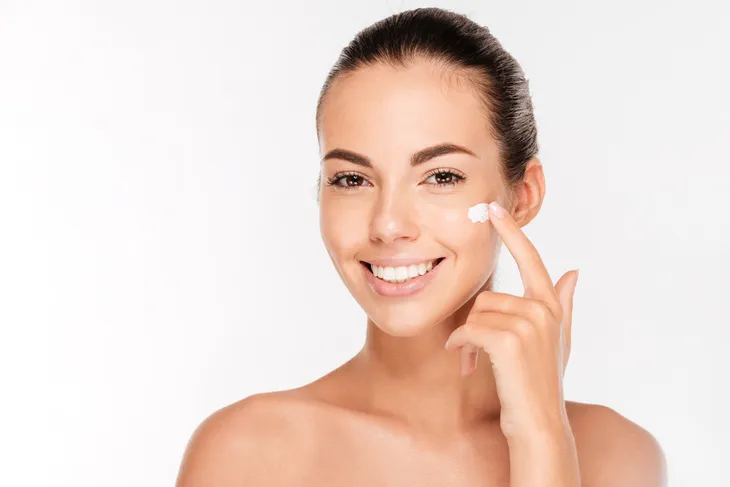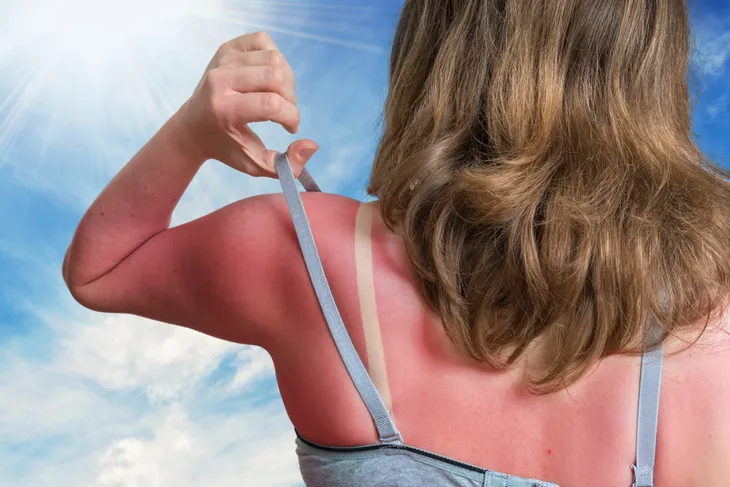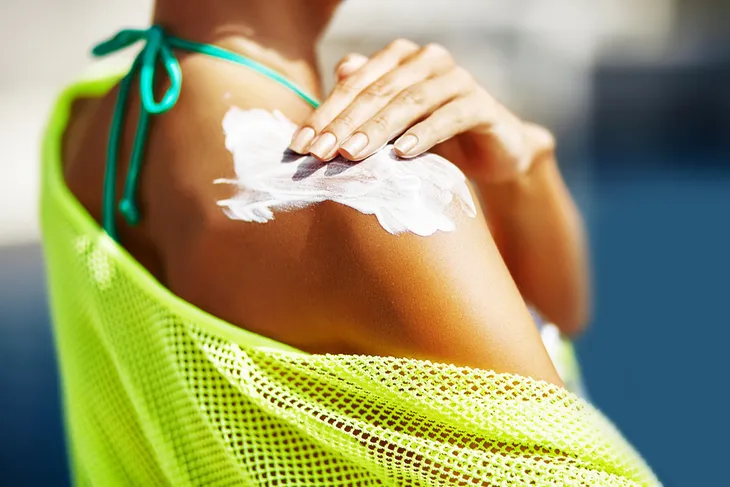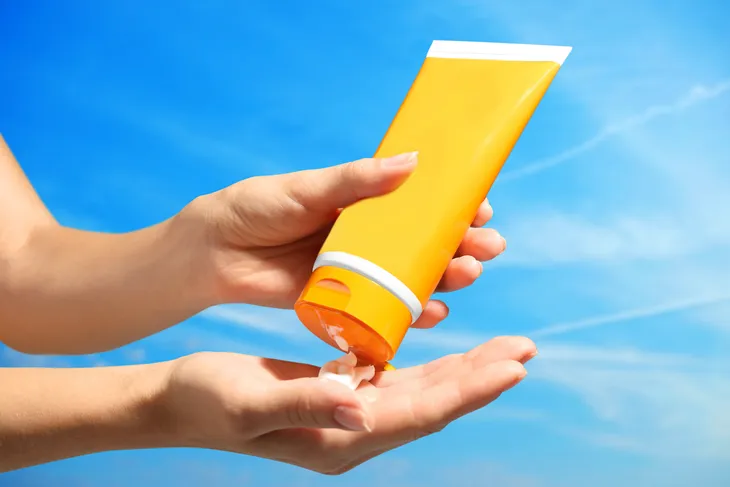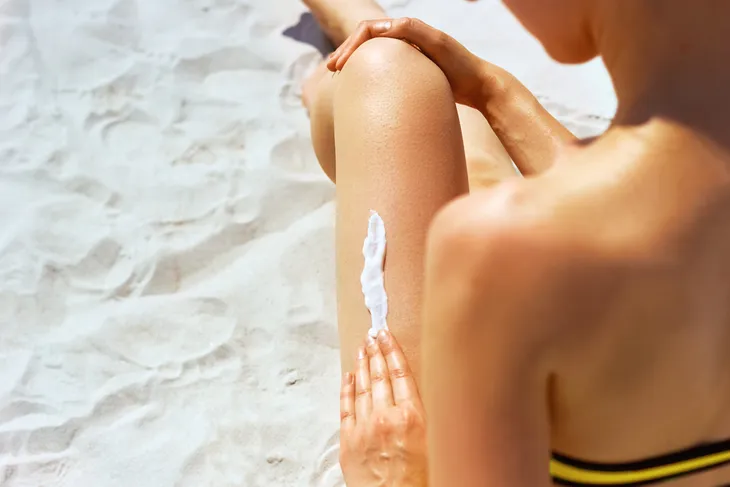When it comes to safe tanning, there seems to be a major block in the truth about sunscreen. While it’s great to get out and enjoy the summer sun, there are some major misconceptions about sunscreen and sun safety.
Don’t get us wrong – we’re not saying you shouldn’t wear sunscreen; it’s quite the opposite, actually. However, knowing more about it and how to properly use it can save you a world of pain (and possible health complications), so be sure to apply these 15 truths about sunscreen…
A Base Tan is Not Adequate Sun Protection
You often hear from friends and family going on a tropical vacation that they’re working on their “base tan,” and that somehow they’ll be invincible to the sun after they achieve this.
There is no safe tan. Tanning or worse yet, burning, is a sign of skin damage. Getting that “base tan” not only gives people false sense of security that they are protected from sun damage. When they get more sun exposure, it only worsens the sun damage and significantly increases the risk of skin cancer.
Chemicals in Sunscreen Are Not Proven Dangerous
Reader’s Digest also notes that some people skip wearing sunscreen, falsely believing that the contents will do them more harm than UV rays from the sun. This is false, it says, despite reports about sunscreens being cancer-causing. “While this is a controversial area, the doctors we interviewed agreed that there are no studies that demonstrate this,” it says.
The source says a study on rats suggested oxybenzone used in many sunscreens can produce cell-damaging free radicals, but it says there’s no published research linking it to skin cancer. Additionally, ingredients, including prescription medications tested on animals are often given at a much higher dose than what humans would naturally consume or use. There is no studies to date in humans showing chemical sunscreen poses direct health concerns.
Skin Cancer is Not Easily Beatable
Along the same lines as avoiding sunscreen, some people think that getting skin cancer is no big deal, and they can easily get past it. As the Cancer Council in Australia notes, “Skin cancer treatment can be much more serious than simply having a lesion ‘burnt off.’” (Check out this article on 12 Skin Cancer Symptoms That are More Than Skin Deep).
It notes that skin cancer can involve surgery, chemotherapy, and can result in permanent skin scarring. Cancer cells can also spread to other parts of your body, making it potentially deadly. Turns out that taking a few minutes to slather on sunscreen is worth the effort.
You Can Get Burnt Any Time of Day
It’s true that the biggest risk of getting burned by the sun is between around 10 a.m. to 2 p.m., according to Reader’s Digest. However, the source adds, “dermatologists were unanimous that tanning at any hour of the day isn’t safe.”
It explains that while UVB rays peak at midday (between 10 a.m. and 2 p.m), there are also UVA rays (that can also cause skin aging and some skin cancers) continue to beam down throughout the entire day.
Sunscreen Above SPF 15 is Useful
Reader’s Digest says the FDA is still debating the merits of “super-high SPFs,” but many dermatologists agree there are distinct differences between SPF 15, 30, and 50, “especially because we’re just so bad at applying sunscreen properly.”
It warns that because people are often sloppy with applying sunscreen. SPF 30 blocks over 98-percent of UV rays. Additional increase in SPF will only give incremental protection. Therefore dermatologists recommend daily applications of sunscreen with at least SPF 30 or higher.
Dark Complexions Still Require Sunscreen
This is a potentially dangerous myth that Reader’s Digest stops in its tracks. While people with naturally darker skin may have a lower risk of skin cancer, “they’re not immune,” says the source.
What makes it worse is that skin cancer can be diagnosed later in people of colour – possibly due to the misconception that they can’t get skin cancer, it adds. Cancer is harder to treat the later it’s diagnosed. One famous example provided by the source is Bob Marley, who died from melanoma (a type of skin cancer) that started on his toe that was mistaken for a soccer injury.
Temperature and UV Levels Are Not The Same Thing
Many people stick their head outside to gauge the temperature, falsely believing that sets the bar for sunburn risk, says BCCancer. “Many people think that if it’s cold, sunscreen is pointless,” it explains. Ultraviolet radiation exists all year round. During the winter, the snow can increase reflection of UV rays, and lead to more sun burns.
Your Skin Can Be Damaged on Cloudy Days
Further to that last point, you still should take precautions, even if the sun is hiding behind clouds, says the Cancer Council. Granted there is less UVB on cloudy days, but UVA comes through clouds and windows on a daily basis and overtime will lead to skin damage. Just because you don’t see the sun, doesn’t mean your skin isn’t getting sun damage.
“A cool or overcast day in summer can have similar UV levels to a warm, sunny day,” it explains. UV rays can penetrate certain clouds, “and may be even more intense due to reflection off the clouds,” warns the source.
Makeup Is Not Adequate Sun Protection
Many people who regularly apply makeup avoid sunscreen because they figure if their makeup indicates an SPF number, they’re good to go to the beach for the day without a worry. However, the Cancer Council says unless your makeup is SPF 30 or higher, you should apply sunscreen before applying the makeup.
The problem is most people don’t apply the correct amount for proper protection. This usually equals 1-teaspoon for face, and majority of individuals don’t apply that much foundation or makeup. Sunscreen is always recommended underneath makeup. Reapply it every 2-hours if you are actively under the sun.
You Don’t Need To Burn To Get Vitamin D
Most individuals need to spend at least 20-minutes or longer (if you have darker skin) under the sun in order to make vitamin D. This cumulative exposure overtime significantly increases risk of skin cancer. It is advised to obtain vitamin D through supplementation or diet.
Past Damage Doesn’t Mean You Don’t Need Sunscreen
As Sun Smart points out, just because you had some sunburns as a youngster, doesn’t mean you can avoid sunscreen now (this isn’t chickenpox we’re talking about).
The source says having “excessive exposure” to UV rays in your first 10-years will increase your chance of developing melanoma, “what happens after this is also very important.” You can still minimize further risk at any age by taking the right sun protection approach, it adds.
It’s Not Just About Your Face
Many people focus on covering up their face with sunscreen to avoid getting burned, falsely believing that’s enough to sidestep skin cancer. But as Reader’s Digest points out, “Skin cancer loves anywhere the sun touches.” Common areas of skin cancer includes the scalp, ears, neck, chest, back, and upper extremeties.
That means while your face won’t get damaged, you’re opening the door to skin cancer (and signs of aging) on your arms, legs, chest, and everywhere else, it adds. “Sun is the greatest threat to your skin’s health and youth,” adds the article.
Windburns Are Sunburns
Sun Smart says a lot of people pass off redness on their face after a day outside as “wind burn” – which sounds plausible, except windburn doesn’t exist, according to the source.
The rash on your face is the result of being hit by UV rays, not high winds, it adds. This can happen even on cloudy days, it adds, which may lead some people to believe it must’ve been the wind’s fault.
Sunscreen Has an Expiry Date
Contrary to popular belief, that bottle of sunscreen does expire, even if you think you’ve stored it in a safe place. The Washington Post weighed into this topic, noting that like “spoiled milk, expired sunscreen isn’t much good.”
There is in fact an expiration date on sunscreen bottles, and you should pay attention to them like you would food, it explains. However, it cites a study that shows about 33-percent of people don’t check sunscreen expiry dates at all. “Sunscreens expire because their ingredients deteriorate over time, losing their power,” it adds. Not only might the expired product be ineffective, in some cases it may even be unsafe, it adds. Most sunscreens will last at the end of their expiration month. Past that, it should not be used.
You’re Probably Not Allergic To Sunscreen
Many women in particular are skipping sunscreen because they think they’re allergic to it, says GoodHousekeeping.com. True sunscreen allergies are rare, and often occurs when skin is exposed to sun with that particular ingredient, often found in chemical sunscreen. To be safe, stick to physical sunscreen such as zinc oxide.
